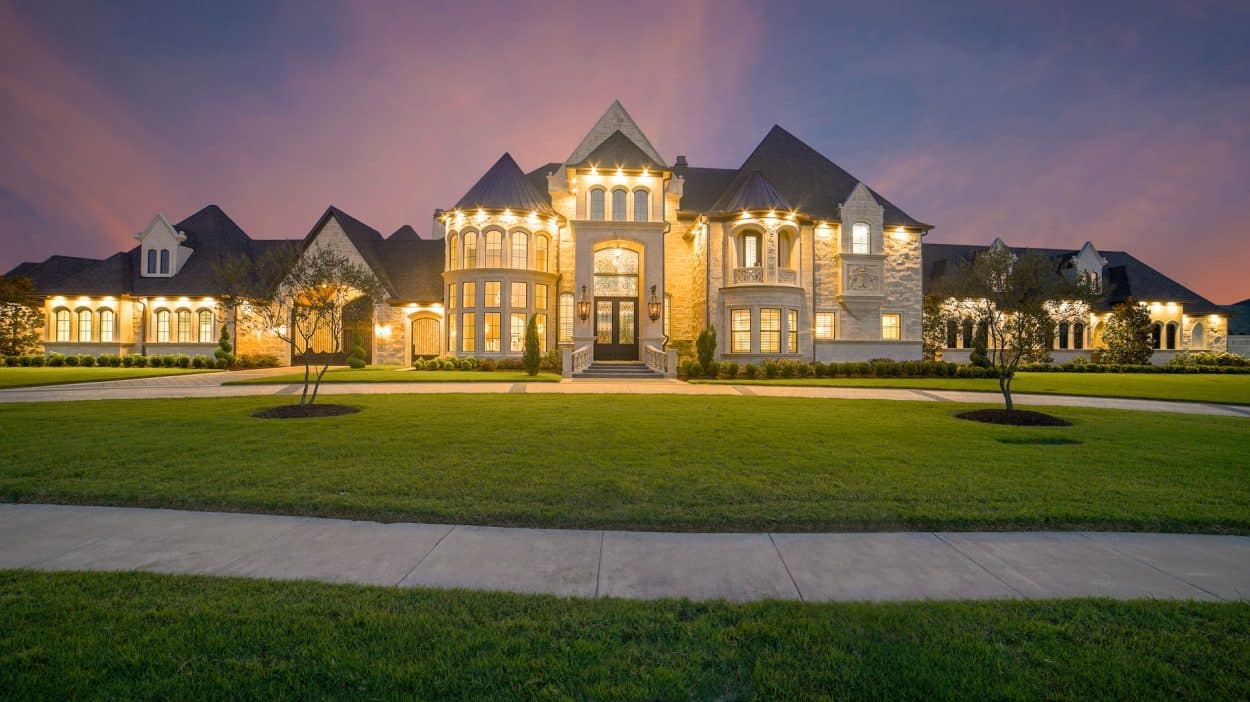Purchasing a home is a significant milestone in one’s life, representing stability and financial security. However, it’s crucial to strike a balance between homeownership aspirations and your overall financial well-being.
Being “house poor” refers to a situation where a substantial portion of your income goes towards housing expenses, leaving you with little disposable income for other essential needs.
In this article, we will explore six key indicators that can help you determine if you are house poor.
6 Ways to Tell If You’re House Poor
- High Housing Costs Relative to Income
One of the most apparent signs of being house poor is when a significant portion of your income is allocated toward housing expenses.
As a general rule, financial experts recommend that you spend no more than 30% of your gross income on housing costs, including mortgage or rent payments, property taxes, insurance, and maintenance fees. If your housing costs exceed this threshold, it may be a warning sign that you’re house poor.
- Limited Disposable Income
House-poor individuals often find themselves with limited disposable income after covering their housing expenses.
If a substantial portion of your income is absorbed by mortgage payments, leaving you struggling to meet basic needs, save for emergencies, or invest in retirement, it’s a clear indication that you might be house poor. Having enough discretionary funds to maintain a good quality of life and plan for the future is important.
- Difficulty Meeting Financial Obligations
If you find it increasingly challenging to meet your financial obligations, such as credit card bills, student loans, or car payments, despite having a stable income, it could be a sign of being house poor.
When a large proportion of your income is dedicated to housing costs, it leaves little room for other essential expenses, leading to financial strain and potential debt accumulation.
- Neglecting Essential Savings
Building an emergency fund and saving for the future are crucial aspects of financial stability.
However, being house poor often means sacrificing or neglecting these important savings. If you consistently find it difficult to set aside money for emergencies, retirement, or other financial goals, your housing costs may be overwhelming your ability to save, indicating that you might be house poor.
- Dependence on Credit or Loans
Another telltale sign of being house poor is relying heavily on credit cards or loans to bridge financial gaps.
If you frequently use credit cards to cover basic living expenses or find yourself taking out loans to make ends meet, it’s an indication that your housing costs are eating into your available funds. This dependence on credit can quickly spiral into a cycle of debt, making it harder to achieve financial stability.
- Lifestyle Sacrifices
Being house poor often means making significant lifestyle sacrifices to keep up with your housing expenses.
You might find yourself cutting back on leisure activities, entertainment, vacations, or dining out simply because you can’t afford them. Constantly feeling stretched financially and unable to enjoy a comfortable lifestyle beyond your home can clearly indicate being house poor.
Conclusion
While owning a home is a goal for many individuals, ensuring that the financial burden doesn’t outweigh the benefits is essential.
If you find yourself facing any of the indicators mentioned above, it’s crucial to take a step back and reassess your financial situation. Consider consulting with a financial advisor or housing counselor who can help you evaluate your options and explore strategies to alleviate the burden of housing costs.
Taking proactive steps to address your housing affordability can help you achieve a healthier financial balance and improve your overall quality of life.
Remember, finding a home that aligns with your financial means is important, allowing you to enjoy both the present and the future without sacrificing your financial well-being.



